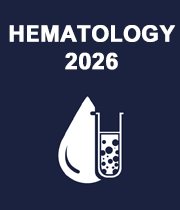Hematology & Oncology Nursing
The study of blood and blood problems is known as haematology. Hematologists and hematopathologists are medical professionals who specialize in problems of the blood and its components. In the field of cancer, haematologists have a difficult job. Lymphoma, leukaemia, and myeloma are the most common blood malignancies, accounting for around 10% of all new cancer diagnoses. Hematology validation, in addition to traditional therapies such as radiation, chemotherapy, immunotherapy, and stem cell transplantation, can be used to treat malignancies that impact blood cell production or behaviour.
An oncology nurse is a type of nurse who specialises in caring for cancer patients. These nurses require advanced qualifications and cancer clinical experience beyond what a conventional baccalaureate nursing programme may provide. Oncology nursing care is defined as serving the needs of oncology patients throughout their illness course, including appropriate screenings and other preventative activities, symptom management, care to maintain as much normal functioning as possible, and supportive measures at the end of life.



Title : Acute intermittent porphyria: A neurological dilemma obscured by ubiquitous fgastrointestinal presentation
Mayank Anand Singh, Mimer Medical College, India
Title : Comprehensive symptom management and supportive nursing care in a preterm toddler undergoing HSCT for pyruvate kinase deficiency
Tran Thi Dung, Vinmec International Hospital, Vietnam